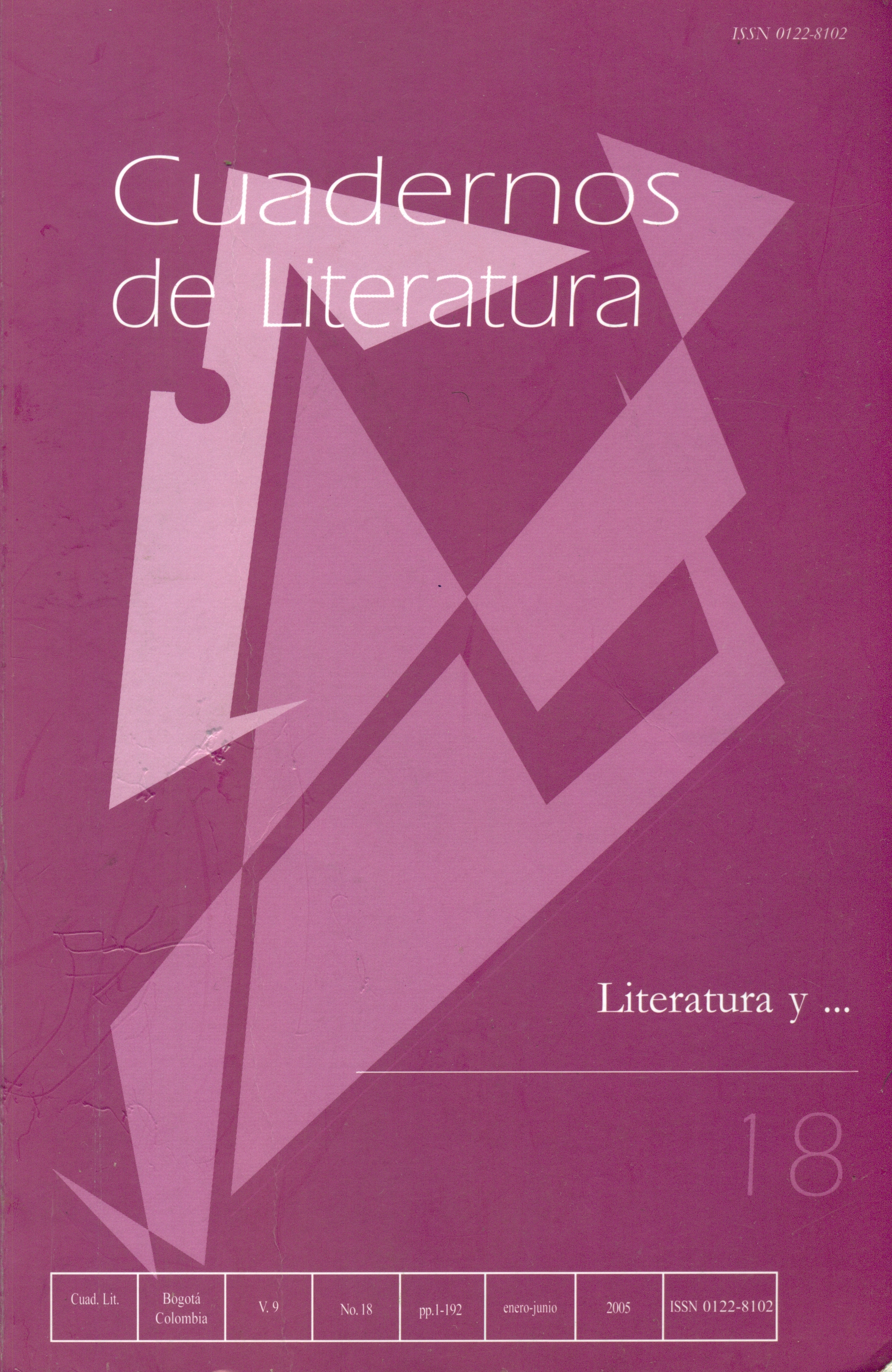Abstract
Este artículo explora el imaginario europeo de la bruja y su construcción a partir de manuales inquisitoriales como El Martillo de las brujas o Malleus Maleficaron. A partir de análisis históricos, como el de Norman Cohn y otros historiadores europeos, hace un resumen que permite entender esta imagen como el resultado de procesos de resistencia al sistema feudal ya la hegemonía de la Iglesia Católica. La parte central del artículo analiza las transformaciones que tiene la imagen de la bruja cuando se traslada a América y se mezcla con tradiciones y prácticas de origen chamánico procedentes de África. En las actas del Tribunal de la Inquisición de Cartagena hay numerosos casos de mujeres y hombres de origen africano que son acusados de brujeria, a partir de estos juicios se pueden identificar aspectos que provienen del imaginario de los inquisidores y que están estrechamente ligados con la imagen de la bruja europea; pero se establece un contrapunto con la herencia religiosa africana en la cual son muy importantes las prácticas curativas de tipo chamánico y los cultos a la fertilidad. Los análisis tienen como referente el trabajo de Serge Gruzinski sobre la religiosidad en México durante la
Cuadernos de Literatura is registered under a Creative Commons Attribution 4.0 International Public License. Thus, this work may be reproduced, distributed, and publicly shared in digital format, as long as the names of the authors and Pontificia Universidad Javeriana are acknowledged. Others are allowed to quote, adapt, transform, auto-archive, republish, and create based on this material, for any purpose (even commercial ones), provided the authorship is duly acknowledged, a link to the original work is provided, and it is specified if changes have been made. Pontificia Universidad Javeriana does not hold the rights of published works and the authors are solely responsible for the contents of their works; they keep the moral, intellectual, privacy, and publicity rights.
Approving the intervention of the work (review, copy-editing, translation, layout) and the following outreach, are granted through an use license and not through an assignment of rights. This means the journal and Pontificia Universidad Javeriana cannot be held responsible for any ethical malpractice by the authors. As a consequence of the protection granted by the use license, the journal is not required to publish recantations or modify information already published, unless the errata stems from the editorial management process. Publishing contents in this journal does not generate royalties for contributors.


